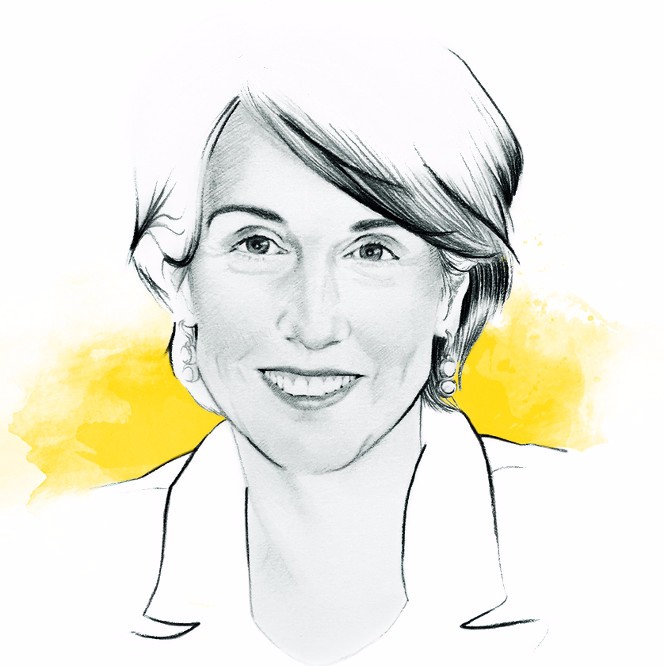Behind the headlines forecasting apocalypse, much of the world is quietly pulling itself together
[button type=”large” color=”black” rounded=”1″ link=”https://issuu.com/revistabibliodiversidad/docs/dialogue_q3_2016_full_book/86″ ]READ THE FULL GRAPHIC VERSION[/button]
A tsunami of pessimism envelops the Western world. The cauldron of war and death in the Middle East, the refugee crisis, Islamist terrorism, Donald Trump’s ascent, Brexit, Brazil’s implosion and global economic uncertainty, to name a few.
Having recently returned from Colombia, I beg to differ. Perspective is all. There, a historic agreement is being forged between the government and the Farc, the Marxist terrorist organization that has controlled much of the country’s interior for 50 years. Though a deadline has been missed, US Secretary of State John Kerry recently gave impetus to the talks, while the double-digit growth of tourism reflects optimism.
There is more reason to be upbeat when you look around the globe at once-isolated nations now re-joining the international community. In November 2015, Argentina voted out the government of Cristina Fernández de Kirchner – a wealth-accumulation machine dressed up in a wafer thin veil of populist left-wing ideology. New president Mauricio Macri’s centre-right government is dismantling Kirchner’s dismal legacy by slashing currency and trade controls and normalizing relations with the rest of the world, including awkward creditors.
Much more dramatically, Cuba and Iran – associate and full members respectively of what George W Bush dubbed “the Axis of Evil” – are heading back into the mainstream. President Barack Obama’s historic visit to ‘communist’ Cuba in March marked the end of an enmity that was a remnant of the Cold War. Changes in Cuba were already well on their way, with pragmatic president Raul Castro sending officials to the West to learn how to run his own country better. Economic liberalization continues apace under the preposterous state banner of ‘actualization’ of the system – capitalism in all but name.
Lifting sanctions after a 15-year standoff with the Islamic Republic of Iran is already leading to economic opportunities for Western countries. The theocracy’s 80 million population, including an educated middle class, offers massive trade potential.
And there are other countries whose situations are less clearly positive, but where potential exists for transformation. At a global economic level, commentators focus on the negatives, yet a record low oil price and low commodity prices benefit consumers and manufacturers and rock-bottom inflation helps shoppers and homeowners. Economists spent much of the 1980s and 1990s saying unemployment was the price paid for low inflation. Now we have high employment and stationary prices. Employment is at a record high in the UK, while the US has had six years of uninterrupted job gains. Both governments note the need to include the working poor in the good fortune by raising the minimum wage. California just agreed to raise the minimum wage from $10 to $15 by 2022. Capitalism needs consumers who have the income to consume.
On a multinational level, December’s Paris climate agreement is groundbreaking: 195 countries adopted the first universal, legally binding global climate deal to limit global warming. The accord is a pathway to achieving other deals on other global issues such as water scarcity.
I could go on, talking about medical and scientific advances, gay marriage, or the Starbucks and Googles of this world realizing they need to pay tax. Then again, gentle reader, perhaps you have already had too much of a good thing.

